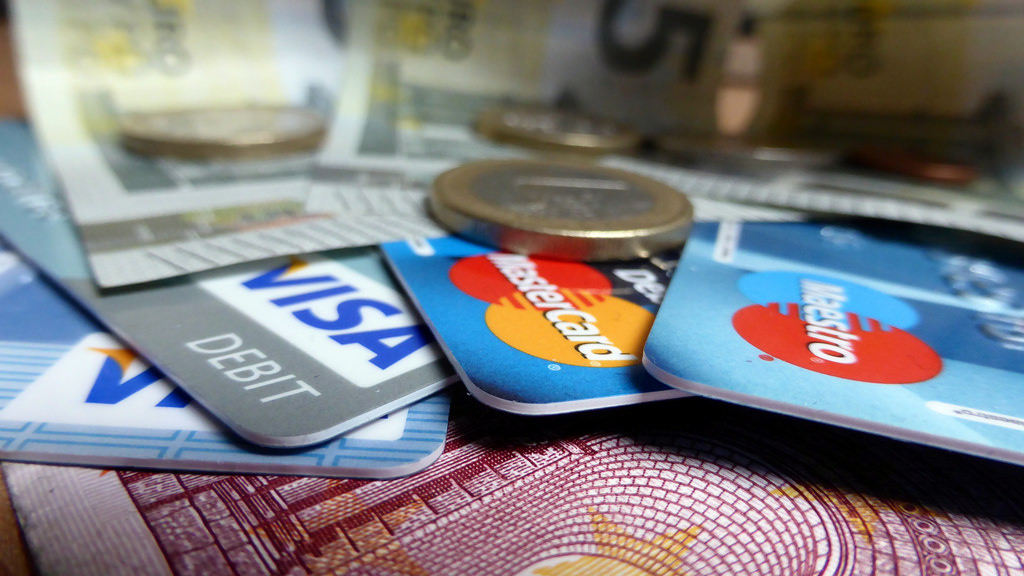
People often ask me how to organize their personal finances and I have come up with a simple solution you can implement in 3 easy steps:
- Step 1 is to have two bank accounts – One will be where you deposit your pay cheque and pay your fixed expenses (eg. mortgage and utility bills); the other bank account is for the portion of your budget for stuff like groceries, clothing, meals & entertainment, or other discretionary spending.
- Step 2 is to track your spending so you can actually make a plan, or a budget. Some people loose interest at this task; however, modern technology has actually made this easy, try using a program like Mint, Wave, QuickBooks Online or another similar software to track where your money is going. After a few months of tracking you should be in a good position to make a plan.
- Step 3 is to make and review your plan. I call it a plan as opposed to a budget as like all plans you should review it frequently and make changes as necessary. I suggest a quarterly review and then adjust the plan for the next quarter based on what is actually happening in your life and spending.
Organizing, tracking and monitoring your spending is an ongoing process. By mindfully monitoring your spending it will help you find and save cash. Watch for unnecessary spending in places like bank charges, interest, and other service charges which you can begin to eliminate based on your plan. Be sure to budget a small savings for a vacation, it will make you feel good about having a plan when you are chilling under a palm tree.


